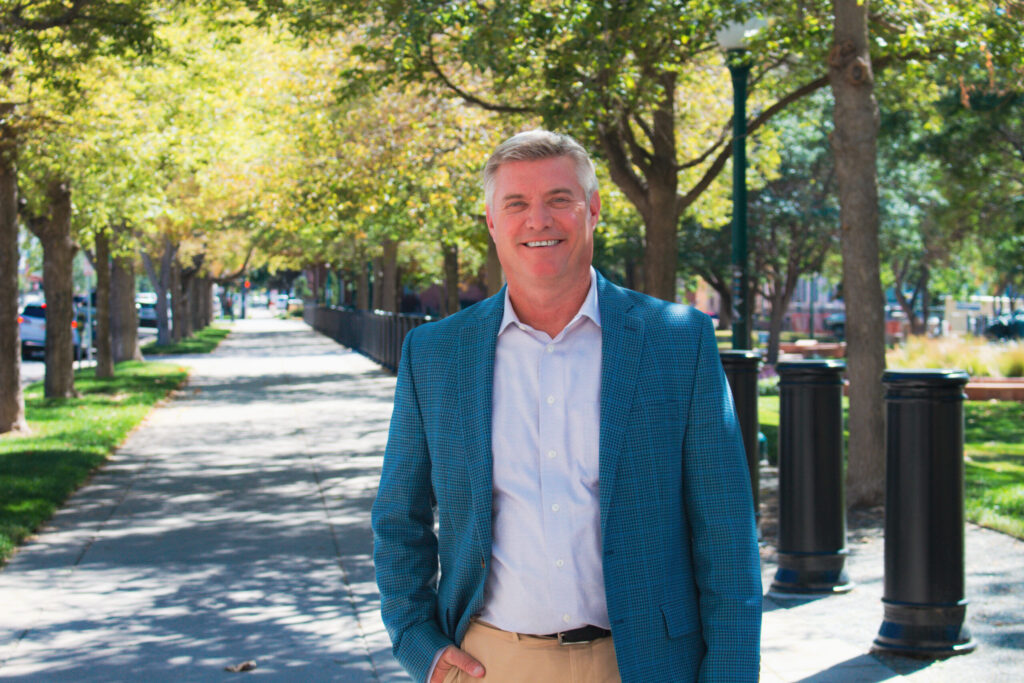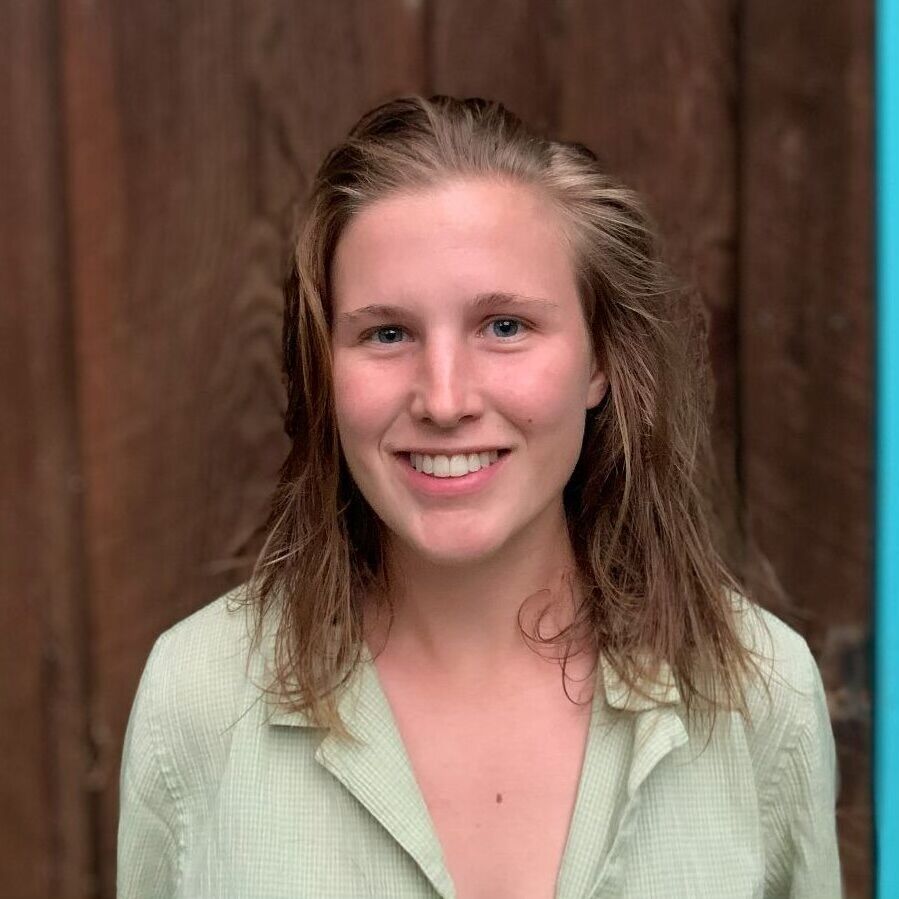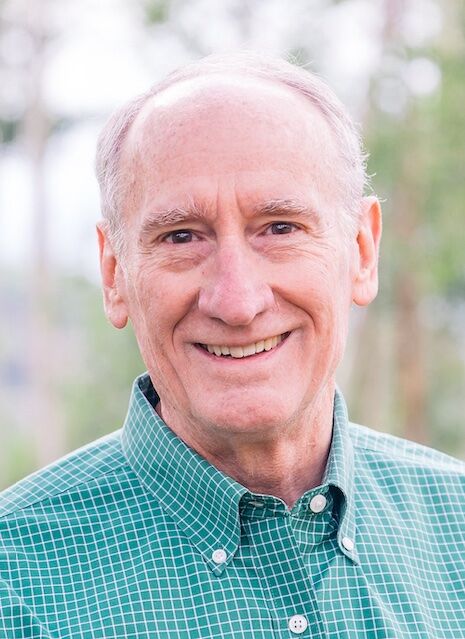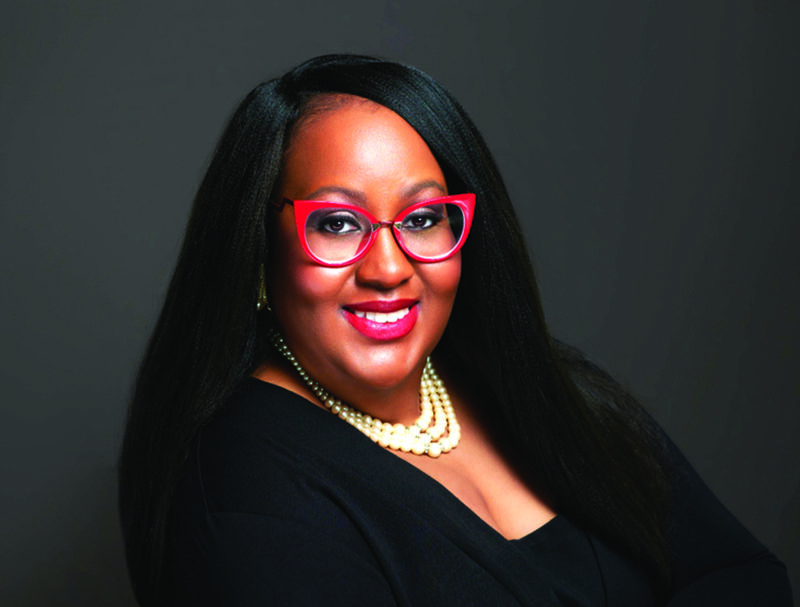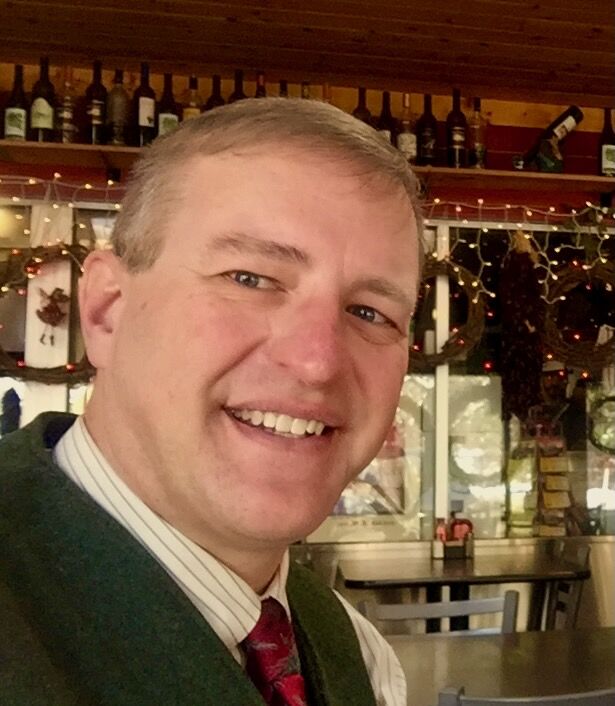Indebted adjuncts should try another career path | OPINION


Teaching as an adjunct college instructor has its place, but good luck to you if you try to make a living at it. I have seen article after article written about the plight of those who try, and it’s not pretty. It’s especially not pretty when student loans are involved.
I saw a recently-introduced bill that would allow adjunct instructors access to federal student loan forgiveness. Not just those currently working, either, mind you; the bill includes people working as far back as 2007.
That year stuck out to me because it was around the time I started my own teaching career. When I started college, I was unsure of whether to major in pure math or physics. Physics won, but I knew I didn’t want to specialize in anything that was practical; I simply like knowing the how’s of things. Unless you’re Einstein (I’m most assuredly not), no one will pay you for that, so I’d have to make a living somehow. Teaching is the most common route taken, so off I went. In a span of time much shorter looking back than living, I was ready to move into a nice job teaching physics at college.
The thing is, those jobs are few and far between. I did consider the adjunct route: it would be college teaching, and perhaps a foot in the door. Looking at the numbers and talking to others convinced me this was a non-starter. I ended up teaching high school math and physics. I was not the school’s first choice, so I don’t feel bad in telling you that high school felt like a bit of a step down, but it was full time, stable and had benefits. In one of those quizzical turns that life takes, starting at high school was just what I needed. I learned a tremendous amount about the craft of teaching and I learned teaching is a good fit for me. I was at that school 11 years. When it was time to move on, and an opening teaching college full-time came up, I jumped at it. I landed the job and moved on. I don’t regret those 11 years; they made me who I am as a person and an educator.
My purpose here is not to present myself as a shining example. My breezy tour through the middle of my working life blasted right past a whole host of mistakes and missteps. I brought it up to illustrate we are a product of our choices, we shouldn’t expect others to be responsible for them, and there are other ways to get a degree and teaching besides borrowing.
For my part, the decisions I made directly affected which opportunities were open to me. I chose to not go into industry, I chose to leave grad school when I did. I stand on the decisions I made, good and bad, and I don’t ask anyone to take responsibility for them. I adapted to circumstances as I found them, I didn’t ask the world to adapt to me. In like fashion, no one is forced into becoming an adjunct instructor. They’re not even snookered; it’s been a raw deal if you want make it a living since my undergrad days – likely even earlier. If you choose it as your path, that was your decision, not mine and not anyone else’s. If you told me teaching has always been your dream, I’d ask you what in the world is wrong with looking somewhere besides college. There are plenty of good jobs out there, I mean, how often have you heard about teacher shortages (incidentally, going full-time teaching at elementary, middle, or high school would give access to loan forgiveness programs)?
No one is forced to borrow, either. I didn’t grow up rich, but the help my parents provided would not have paid for my education or the necessaries to keep body and soul together. I worked; I took more than four years; I paid attention and did well so grad school was paid for with a scholarship. I was determined not to borrow a dime not only because I’m averse to having to carry around a debt burden, but also because I knew from the beginning teaching is not a path to riches. I might not have done it conventionally, but I both pursued my passion and got out clean. There is nothing at all special or unique about me that enabled me to do this.
As we discuss forgiving any debt, we’d do well to remember “forgiven” doesn’t mean “disappeared.” The burden you created now becomes ours, and sadly, they don’t write profiles in the paper of people who have less because they’re paying for other’s choices. The stories of the people who are struggling as adjuncts are emotionally compelling, but ultimately they leave out personal responsibility and the folks that pay the final bill. Any law that would shift the burden to another is neither fair, nor good policy.
Cory Gaines is a physics instructor at Northeastern Junior College in Sterling. He runs the Colorado Accountability Project on Facebook and lives for what Richard P. Feynman called “the pleasure of finding things out.”


